Jiří Materna: The Czech Republic can become a hatchery of AI experts. If we start education early
Twenty high school students and a week of intense focus on artificial intelligence. At the end of this July, the pupils completed the theory and practical tasks under the guidance of Jiří Materna, a specialist in machine learning and its application. How does he see the future of AI in our country?
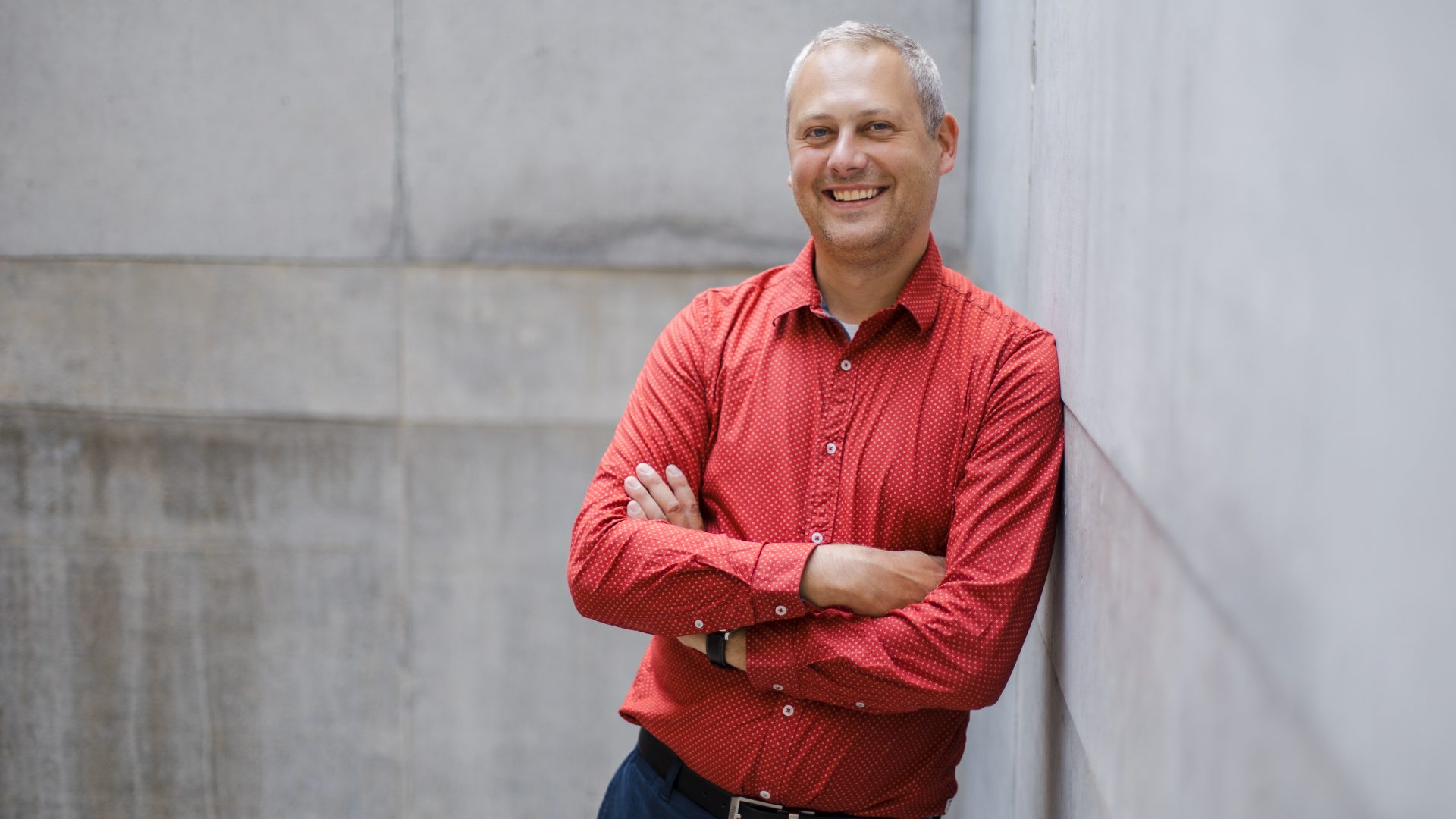
Jiří Materna previously led the research department at Seznam and currently focuses on developing tailored machine learning solutions and teaching at ML College, an initiative that offers AI training programs for high school students, teachers, managers and developers. The AI Summer School is now in its second year and is run in partnership with prg.ai and high schools. Interested students will learn the basics of artificial intelligence and its subcategories, i.e. machine learning, neural networks and object recognition prediction.
“Today, there is probably no doubt that artificial intelligence is moving the world and its use will become more and more widespread. But for its development we need highly qualified programmers, of which there is already a shortage,” Materna explains in an interview the reasons for the creation of the AI Summer School, which is bearing the first fruits in this regard.
In one of your articles, you compared artificial intelligence to 21st century electricity. What are the imaginary light bulbs that we already use in everyday life? And what new inventions are you looking forward to?
We encounter these “light bulbs” perhaps more often today than the classic tungsten filament bulbs. Although it may not be obvious at first glance, artificial intelligence is now used by most of us every day. We can find it in mobile phone software, for example, where it focuses a camera image, in internet search engines, where it ranks results, or on streaming platforms. There, for example, it recommends films and series or adjusts the flow of data. Personally,
I would like to see more involvement of artificial intelligence in medicine and healthcare. There is huge potential there, which is still only minimally exploited. Yet this is an area where artificial intelligence can save lives without exaggeration.
The second year of AI Summer School for high school students, in which you introduce students to various categories of artificial intelligence, has finished. Why do you feel it is important to introduce students to artificial intelligence?
There is probably no doubt in anyone’s mind today that AI is moving the world and its use will become more and more widespread. But to develop it, we need highly skilled programmers, of which there is already a shortage. I will be extremely pleased if the Czech Republic becomes a breeding ground for such experts and world-class specialists to grow up here. For this to happen, we need to start educating them as soon as possible. However, this is only one side of the coin, which concerns a select few computer experts. Indeed, artificial intelligence is now all around us and is becoming increasingly sophisticated. In addition to the benefits, this also brings with it potential risks, which is why I believe that everyone should have a basic understanding of artificial intelligence so that they are aware of these risks and can work with them. I would even advocate that this should be discussed with pupils as early as primary school.
The AI Summer School programme also includes a practical part where students work on tasks. Can you tell us what kind of assignments they get?
For example, students will create simple AI models themselves to predict the risk of myocardial infarction, identify types of flowers or estimate the load of a bike rental shop. Enthusiasm and curiosity are the main requirements, but a basic knowledge of the Python programming language is also useful.
How do you feel about the skills needed to work with AI at such a young age? Is it confirmed that the younger generation, who have grown up with a mini computer in their hands, are ready for the changes in the labour market influenced by digitalisation?
I don’t think that the current generation of high school students has any major advantage over previous generations just because they grew up with a smartphone in their hands. Their main asset is their young brains, which are able to adapt quickly to the great dynamics of a digitalised society and take advantage of it. Sooner or later, our generation will miss the train and we will have no choice but to accept it. But that has always been the case.
How did the practical part of the Summer School go for the students?
In both years, I was pleasantly surprised by how the students were able to understand even relatively complex abstract concepts without having a thorough mathematical background. In my practice at ML College, I mostly educate adults, typically college-educated programmers with many years of experience. And I have to admit, it’s often much more complex than that. But high school students and adults have one thing in common – it’s the excitement of using AI to solve a seemingly complex problem on their own for the first time.
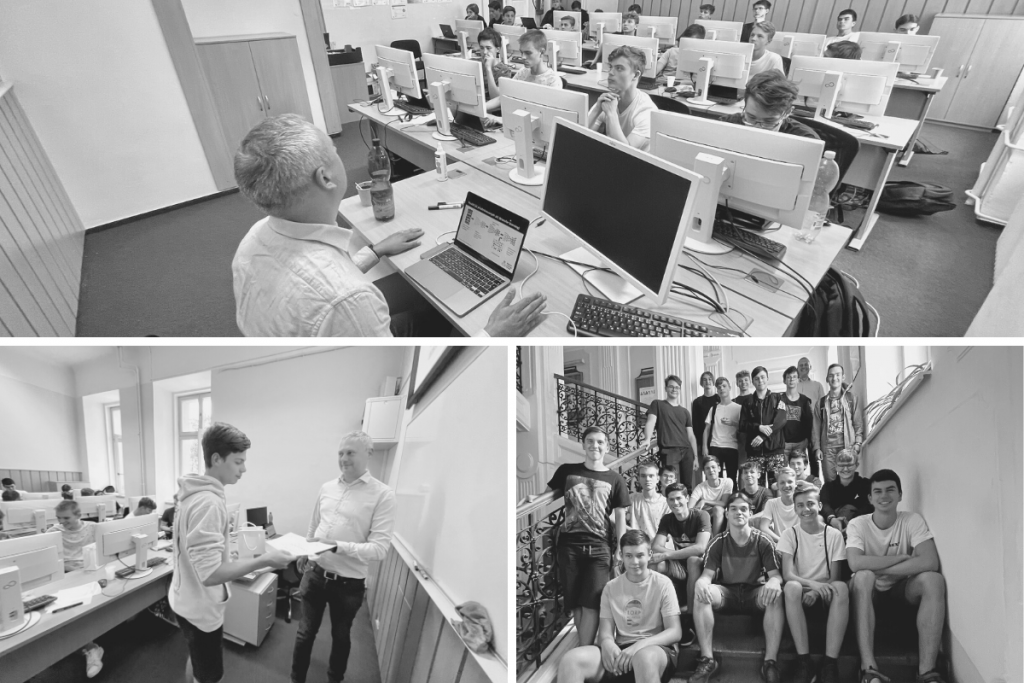
Teachers and headmasters are behind the expansion of AI education and the implementation of Summer School in other regions. Do you see any interest from them?
I have met a number of passionate teachers who have been a pleasure to work with. But unfortunately, we also have a lot of tired and demotivated teachers who don’t have the interest or capacity for further self-development. Often this is due to the fear that AI is something too complex to teach. However, I strongly disagree and will be happy to convince them otherwise at one of our teacher workshops.
About AI Summer School
- A busy holiday week is organised every year during the summer and spring holidays at Smíchovská střední průmyslová škole a gymnázium.
- It is intended for interested students from secondary schools with a focus on computer science. There are already 128 such schools in the Czech Republic.
- Interest in the AI Summer School is growing every year, even in primary schools. This year the demand far exceeded the capacity.
- Several students from last year’s AI Summer School have organized regular, peer-to-peer meetings at their school to further their education on neural networks and machine learning.
If you would like to participate as a school (AI Academy) or student in the AI Summer School, please email your interest to jiri@mlcollege.com.
Next up from prg.ai

Typical Prague AI firm is young, self-sufficient, and export oriented, shows our new comprehensive study
130 companies, 11 interviews, 9 business topics. Explore all that and more in the unique study authored by prg.ai, which contains an overview of last year's most notable events on the local AI scene or articles on the future of AI or gender equality in research.
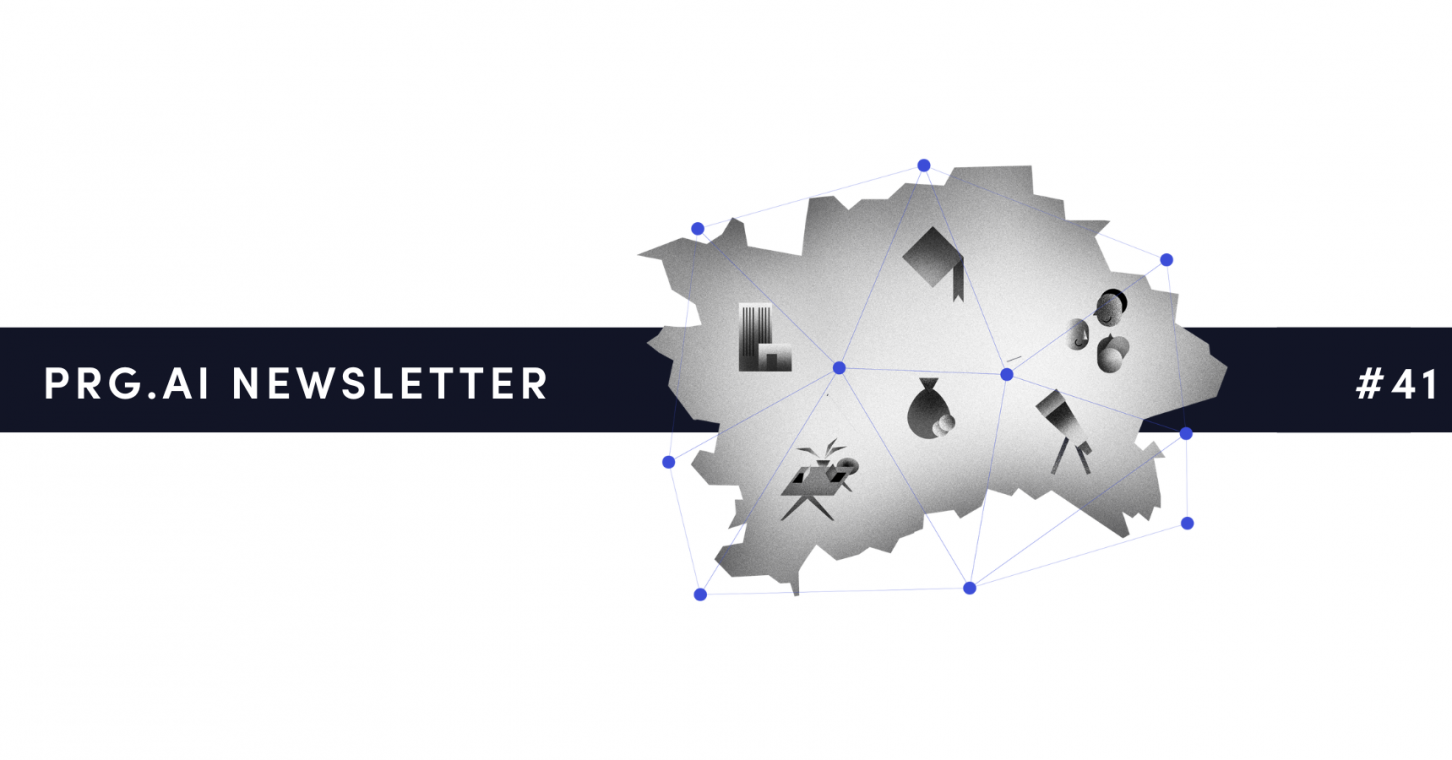
prg.ai newsletter #41
The first spring edition of our newsletter! Get the latest prg.ai updates, exciting news from the Prague AI scene, a curated list of interesting events, open positions, and much more. Stay in the loop!
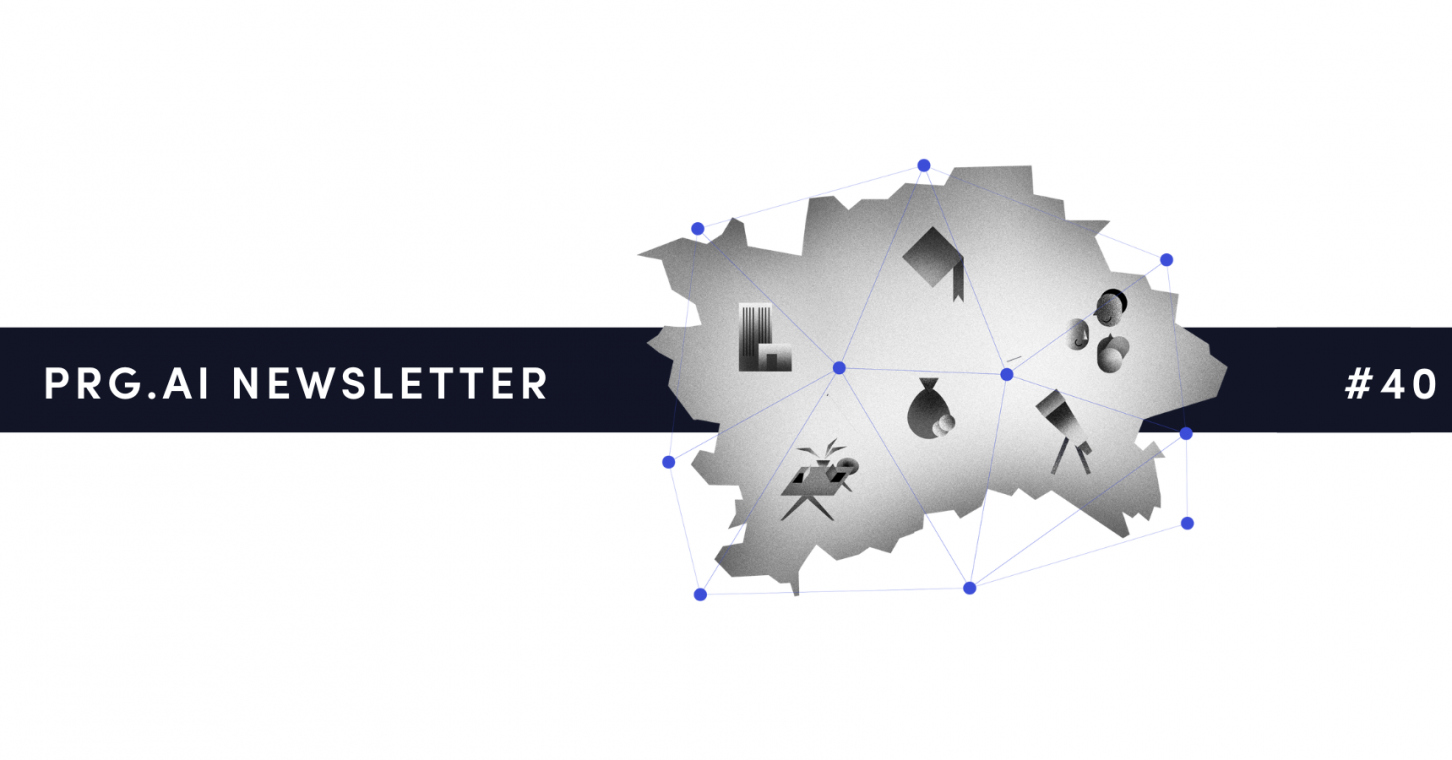
prg.ai newsletter #40
The fortieth milestone issue of the prg․ai newsletter is packed with news and intriguing facts not only from the Prague AI scene. Keep reading so you don't miss out on anything!
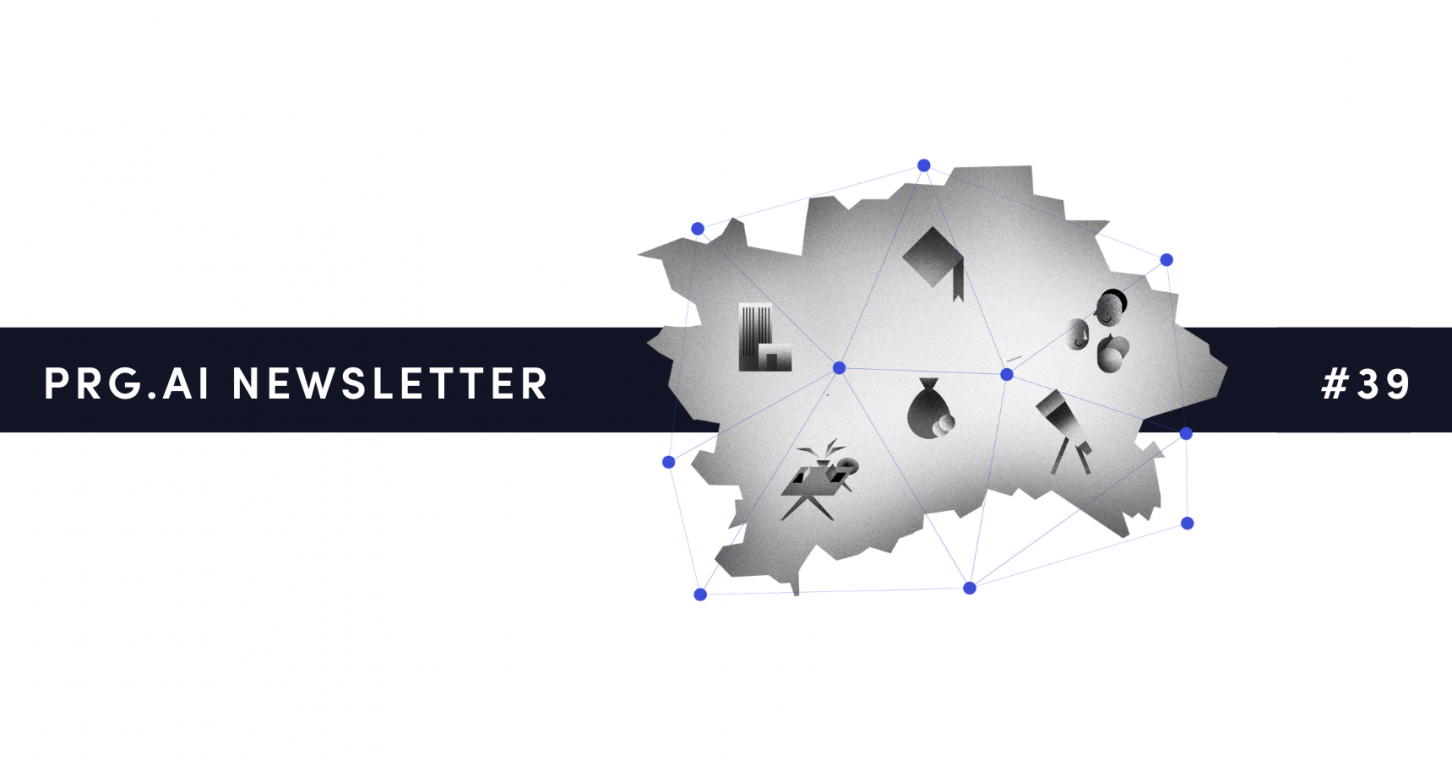
prg.ai newsletter #39
What did the first month of 2024 bring, and what can you look forward to in February? Find out in the next prg.ai newsletter. Check out what's new on the artificial intelligence scene (not only) in Prague.

